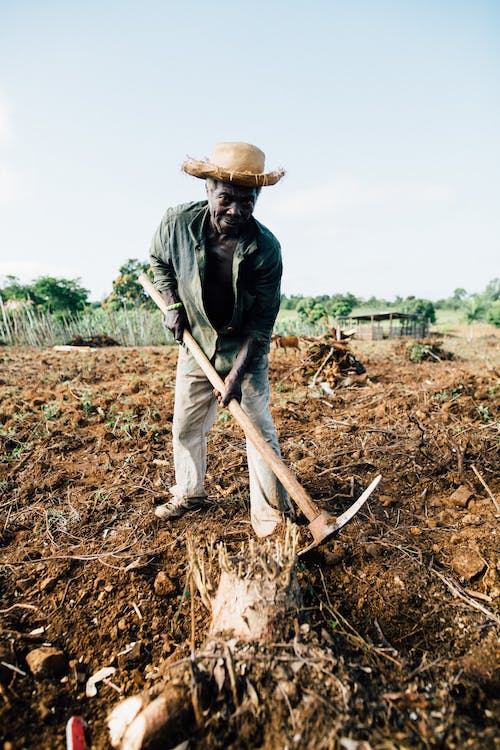When Profit Margins Trump Cultural Heritage: The Cost of Stealing Marijuana Seeds

The recreational marijuana industry has seen unprecedented growth over the past few years. According to recent reports, the global marijuana market is projected to be worth over $100 billion by 2025. While this growth has been a boon for many countries and businesses, it has also had negative consequences for some communities. Specifically, the theft of marijuana seeds from indigenous villages and tribes for use in commercial grow operations is a major concern.
The practice of stealing marijuana seeds from indigenous communities and using them to create new strains of cannabis is not a new one. However, with the rapid expansion of the recreational marijuana market, it has become a more widespread problem. In many cases, growers will pay little to no money for the seeds they take from these communities, and then go on to clone them and sell them for high profits around the world.

The impact of this seed theft on indigenous communities cannot be overstated. For many of these communities, the sale of marijuana is a major source of income. When their seeds are stolen, they lose not only potential income but also a valuable cultural resource. Many of these communities have been cultivating unique strains of cannabis for generations, and the theft of their seeds represents a loss of cultural heritage.
Seed Theft and Exploitation in the Marijuana Industry
In addition to the cultural impact, the theft of marijuana seeds also has significant economic consequences. When growers take seeds from these communities and then sell the resulting strains for high prices around the world, the initial communities never see any residual profits. This represents a form of exploitation that is all too common in the marijuana industry.

There are several real-world examples of this phenomenon. In Canada, for instance, a company called Canopy Growth has been accused of stealing marijuana seeds from indigenous communities without proper compensation. The company has since apologized and pledged to work with these communities to ensure that they are fairly compensated for their contributions to the marijuana industry. However, this is just one example of a broader problem that exists around the world.
To address this issue, there is a need for laws and protocols that protect the rights of indigenous communities and ensure that they are fairly compensated for their contributions to the marijuana industry. This might involve establishing clear guidelines for growers and seed companies regarding the use of indigenous strains, and ensuring that these communities are properly compensated for any contributions they make to the industry.
There are also steps that individual consumers can take to support indigenous communities in the marijuana industry. One option is to seek out products that are specifically labeled as being sourced from indigenous communities, or to purchase from companies that have a track record of working closely with these communities. By doing so, consumers can help to ensure that the economic benefits of the marijuana industry are spread more evenly and that indigenous communities are not left behind.

In addition to the need for legal and consumer-based solutions, there is also a broader cultural issue at play. The theft of marijuana seeds from indigenous communities is ultimately a symptom of a larger problem, namely, the exploitation of underprivileged communities for commercial gain. To truly address this issue, we need to have a deeper cultural conversation about the ethics of the marijuana industry and our responsibility to protect the rights of those who have historically been marginalized.
Protecting Indigenous Communities in the Marijuana Industry
In conclusion, while the recreational marijuana industry has brought significant economic benefits to many countries and businesses, it has also had negative consequences for some communities. The theft of marijuana seeds from indigenous communities is a particularly concerning issue, as it represents a form of exploitation that is all too common in the marijuana industry. To address this issue, we need to establish laws and protocols that protect the rights of these communities and ensure that they are fairly compensated for their contributions to the industry.
You may also like these, articles about the marijuana industry, click here

